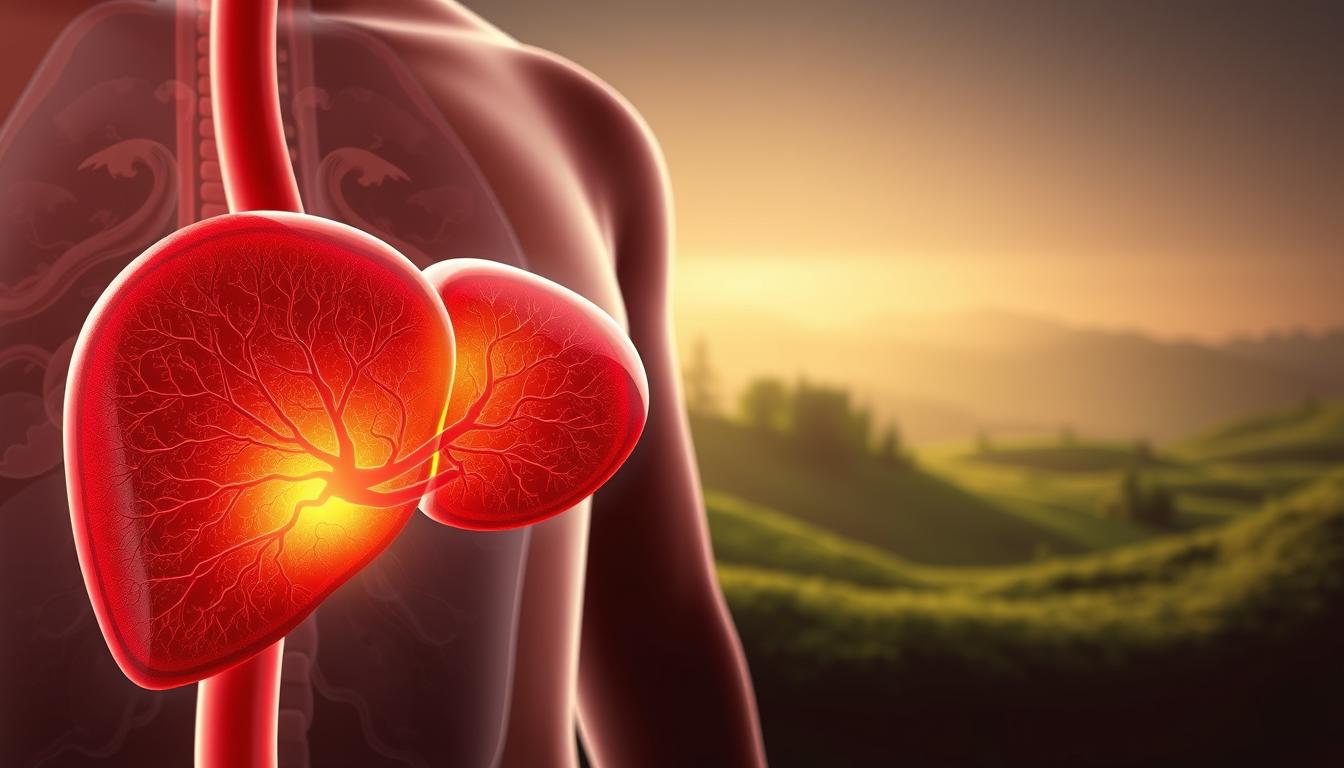When an individual stops consuming alcohol, their liver begins the process of recovery. Liver health post alcohol cessation is crucial, as the liver plays a…
Tag: Liver health tips
How to Reverse Fatty Liver Naturally at Home
Fatty liver disease affects millions of people worldwide, with a staggering 25% global prevalence. This condition can lead to severe health complications, including cirrhosis and…

